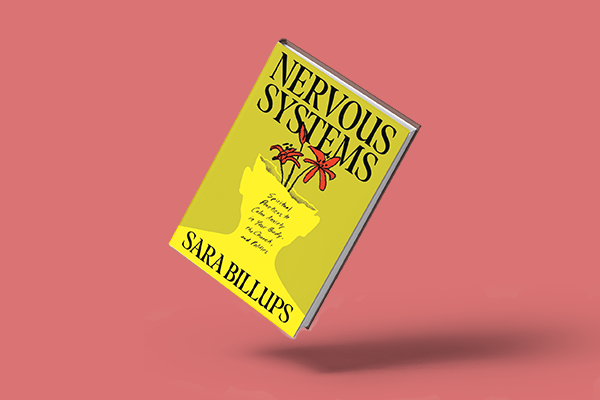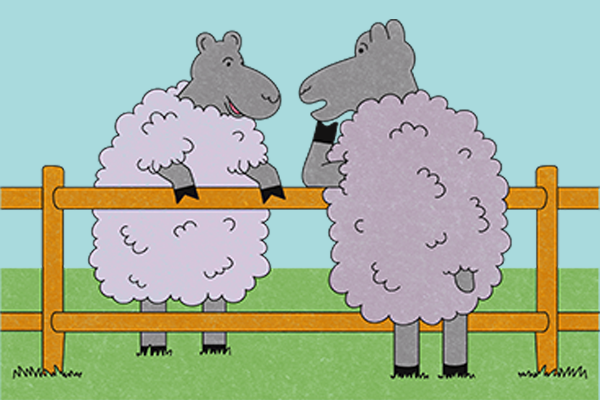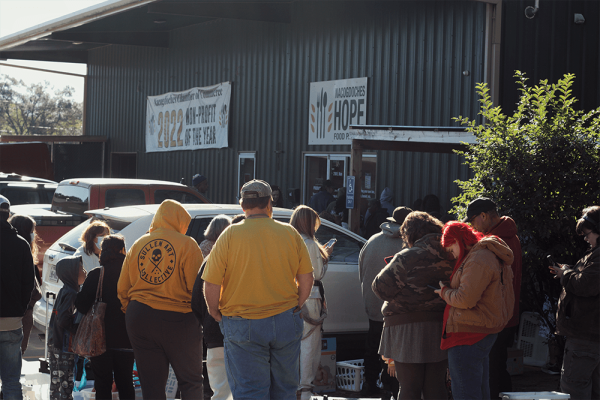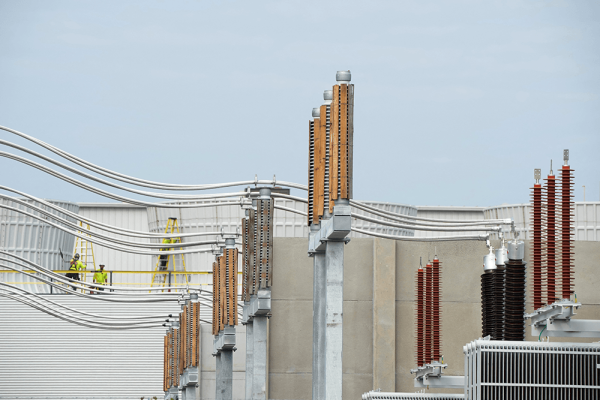GOD SEIZED ISABELLA on Pentecost 1826. Isabella Baumfree, born in slaveholding New York, had secured her freedom. But, in despair for her children, she “looked back into Egypt.” On the verge of returning herself to slavery, God’s spirit overtook her in a mystical encounter that changed her life.
This thunderclap of God’s grandeur surpassed any notions of the divine she had previously acquired. This God, at once familiar and foreign, called Isabella to abandon the faith of her owners. But God also called her to transform the faith inherited from her mother, who taught that survival consisted of equal parts prayer and submission to enslavement. As Isabella recovered from this mystical encounter her only words were, “Oh, God, I did not know you were so big.”
Seventeen years later, Isabella had another mystical experience. After having been swindled out of her savings, she struggled to rebuild financial stability in New York City. She asked herself why, “for all her unwearied labors,” did she have nothing to show? Why did others, with much less work and anxiety, “hoard up treasures for themselves and children”? As she reflected on the economic hardship she witnessed, she realized, “the rich rob the poor and the poor rob one another.” With this insight, the political roots of her religious transformation took hold. From that time forward she claimed a new name: Sojourner Truth. And began her career as a traveling preacher and activist.
The contrast between the two episodes is a helpful reminder that God is in the extraordinary and the mundane alike. Sojourner Truth joined a long line of African American Christians whose religious experiences inspire them to fight for justice as an expression of personal faith. Theologian Joy R. Bostic calls this a tradition of “mystical activism” to include the liberatory politics that follow spiritual revelation.
Christian mystical experiences are typically described as solitary — even if the fruits of those experiences feed our common life. Today, atomized as we are, we could benefit from reversing that order: I suspect that God is waiting for us in the collective work of justice itself. In that process, we could have our own conversions through experiences of “social mysticism.” Here, deep encounters with the divine are facilitated by the shared labor that is necessary to cultivate justice.
I am a leader in the Greater Hartford Interfaith Action Alliance, a faith-based community organizing collective in Connecticut. The alliance is a multifaith blend of 52 urban and suburban (an important proxy for race and class in our locale) congregations. Using the process and principles of broad-based organizing, we work on justice issues where there is theological common ground.
We are not an educational project, not a book club. While some shared learning takes place, it is in service of our shared political project. The most important way we determine our work is through a storytelling process called “house meetings.” Small groups gather to discuss a shared prompt, such as “What’s keeping you up at night?” A notetaker and facilitator help each one have a chance to speak and they model vulnerability to keep the conversation from drifting into the abstract, like “housing is a human right.” We keep it concrete: “I worry about my kid’s health because our landlord still hasn’t addressed the roach problem.”
As any biblical prophet will tell you, the path toward justice is in the details. The courage to share our stories and the tender fortitude to be worthy recipients are catalysts for spiritual and political transformation. These stories uncover our shared material interests and provide grounds for incarnate politics. Our commitments as faith communities to meet as equals combined with deepening vulnerability and shared interests form the basis for solidarity. The Christian principle of solidarity requires us to treat every neighbor with dignity and actively work for their good.
In the case of the roach problem mentioned above, we can imagine other renters voicing related concerns. A 2022 survey conducted by Harvard’s Joint Center for Housing Studies indicated that 43 percent of renter households worry that their homes negatively impact the health of at least one occupant. Now that is an opportunity for political intervention.
Community organizing is never perfect. It is always tiring. But it is also where God is waiting for us to experience the presence of the Spirit: inspiring boldness in some, humility in others, and deep regard among those our society has tried to separate.
We live in a world that brutalizes everyday people. Effective community organizing and the relationships we build in the process can transform us — but we must show up. If we do, we might encounter a God we did not know was so big.
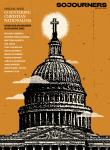
Got something to say about what you're reading? We value your feedback!


